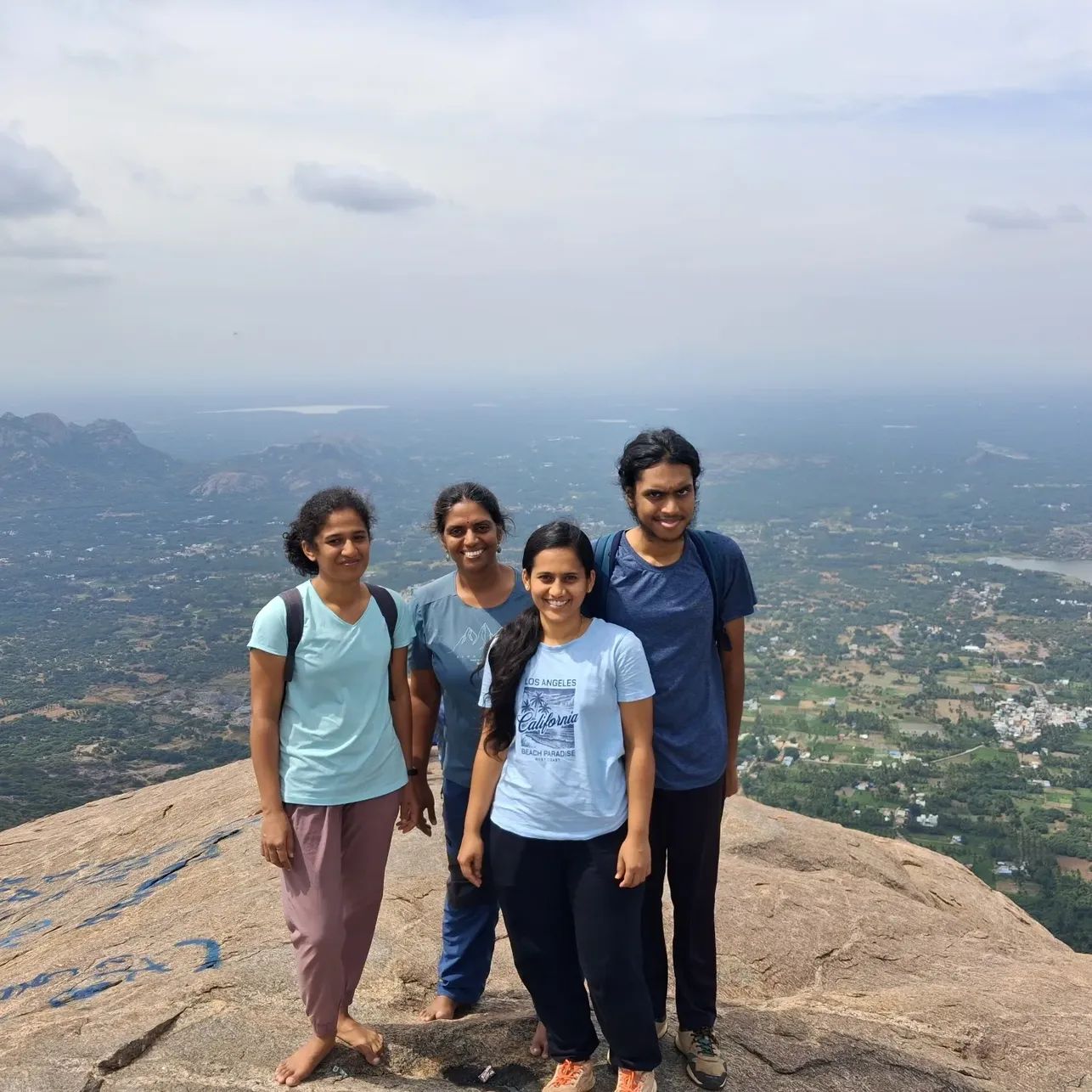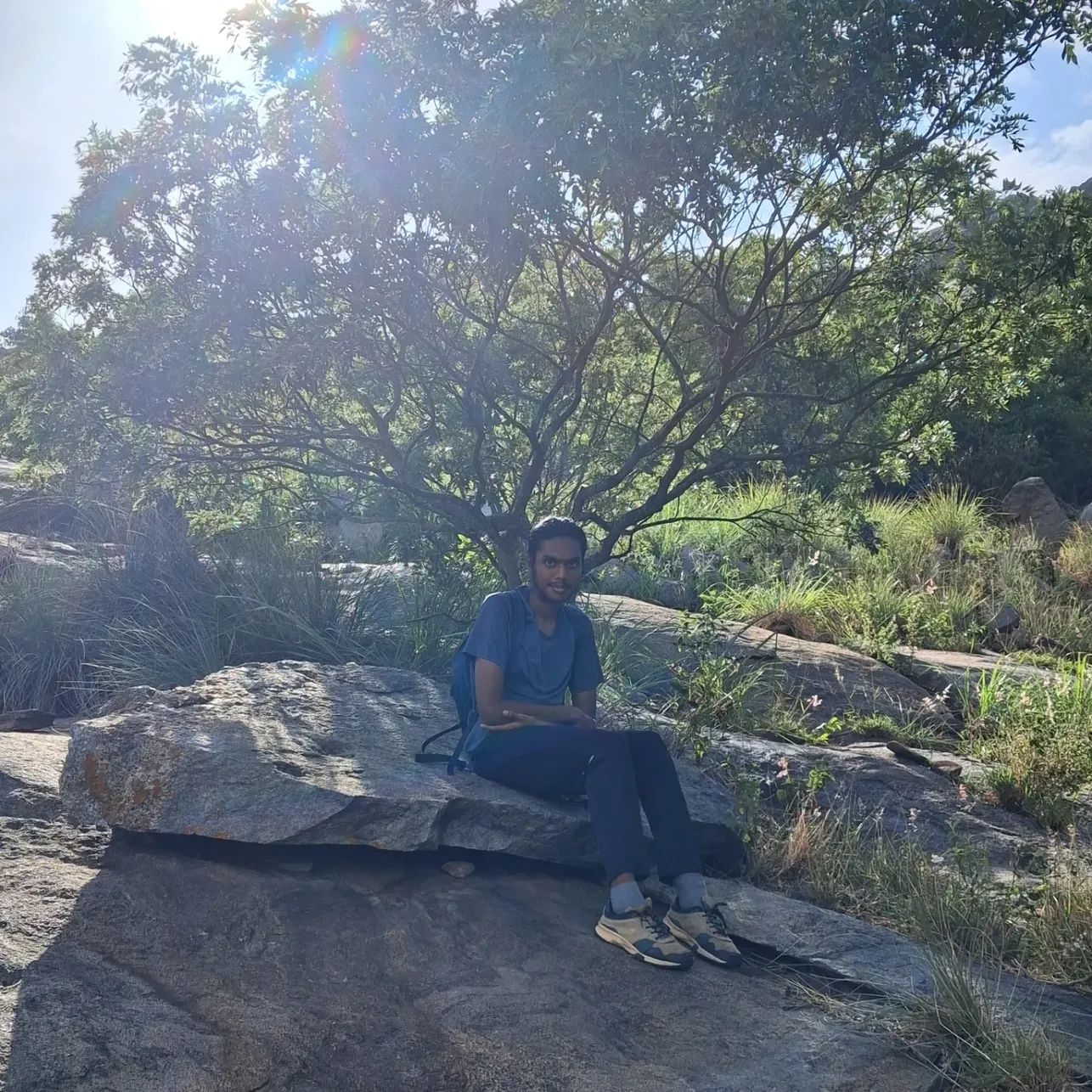The power and fragility of self-regulation
My 18-year-old autistic son knows himself well. He reads about autism and listens to autistic adults, understanding and expressing his experiences thoughtfully.
Today, during a family trek of six, four of us - including my son—walked ahead, while two were behind. Suddenly, he became agitated, insisting, “We need to wait for them.” I reassured him that the path was busy and the others would catch up at their own pace. Later, he mentioned ear pain but did not share anxiety about those behind, which I hadn’t realized was brewing inside. After the trek, he said, “I don’t want to be disturbed until tomorrow. I need to rest and calm down.”

That night, when the two girls said goodbye, my son sincerely said, “I forgive you for being late.” They hadn’t asked forgiveness, yet he wanted to offer it. This struck me as deep empathy, not superiority.
Reflecting, I think his anxiety came from a need to follow group expectations—staying together, caring for one another. He may not have understood why we left the two behind briefly. Our daughters debated whether his irritation came from too much waiting or if he actually wanted breaks. I believe the anxiety quietly “brewed” inside him, and he spent the day regulating his feelings, ultimately accepting that everyone moves at their own pace.
At the trek’s peak, he shared simple joy, saying, “A cool breeze after sweating and sore feet is so good.”
I spoke with him about how others might misinterpret his “I forgive,” and he clarified it with them, showing self-advocacy. Though I’m amazed by his self-regulation, I’m sad he endured anxiety alone. Usually, he expresses it outwardly, but this time he kept it inside. I hoped to celebrate his growth but felt scared by the emotional toll.

This reminded me that self-regulation is both powerful and fragile, especially for autistic people navigating social demands. The autistic call to “Not change us into neurotypicals” resonates strongly. We must educate ourselves about atypical communication, rethink support and independence, and build a world where autistic individuals can safely reach out.